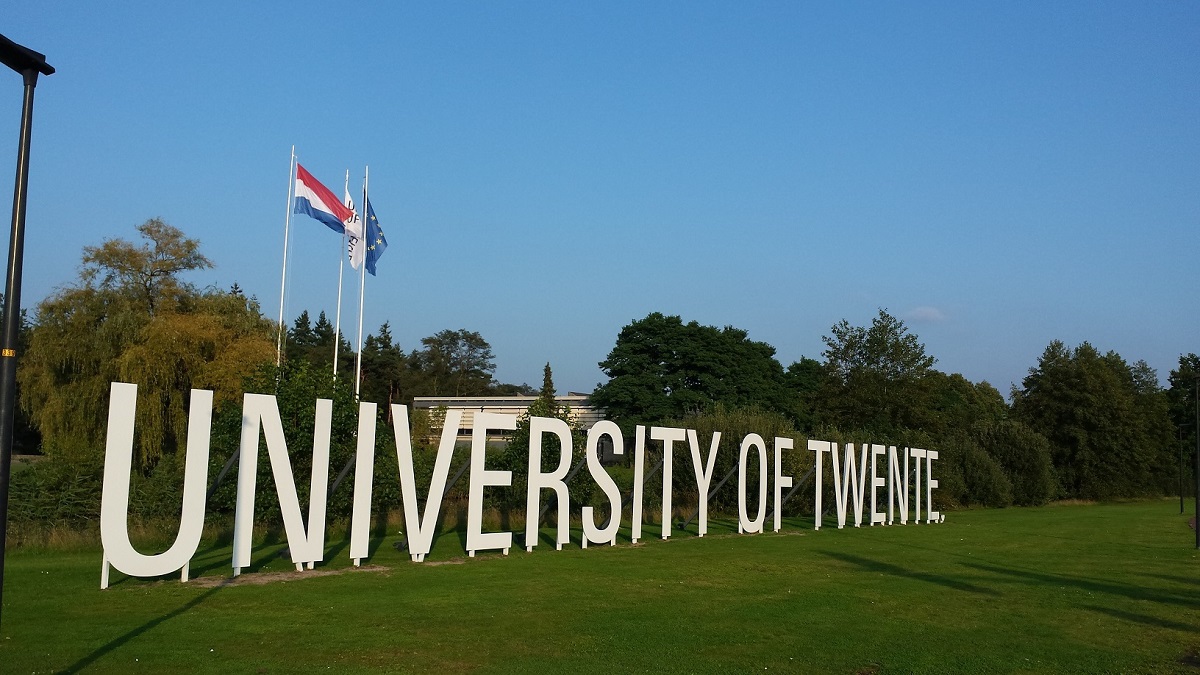
Geothermal resources are crucial for a global transition to renewable energy sources. Spaceborne thermal infrared (TIR) earth observation sensors in a sun-synchronous orbit (e.g., ASTER, Landsat TIRS) can be used to detect thermal surface temperature anomalies (or “hotspots”) associated with geothermal systems. However, detection of geothermal anomalies from space-borne sensors appears restricted to conditions in which anomalies are relatively large in size (compared to the sensor’s pixel size) and show considerably higher temperatures than the background values.
You will apply NASA’s ECOSTRESS mission on the International Space Station to investigate thermal hotspots in soils and rocks at the Earth’s surface. You will combine ECOSTRESS time series data with geostationary weather satellite datasets through a spatial modelling approach. This merged product will provide a super-temporal resolution time series with the high spatial details from ECOSTRESS data. A novelty is to correct general temperature trends with the high temporal resolution data from weather satellites.
In the research, the possibility to eventually roll-out a near-global detection system is important. This goal will inspire the tools and materials that you will develop. You will communicate your results to scientific peers (ISI journals).
YOUR PROFILE
- A remote sensing specialist with experience in quantitative signal processing techniques in the thermal infrared domain and the application of machine learning algorithms to retrieve empirical relations.
- A PhD in remote sensing, meteorology or physics (preferably with a strong thermal infrared component, and with experience in advanced image/signal/data processing, and in extracting quantitative parameters of our physical environment)
- Experience with handling large and complex datasets through programming and/or scripting solutions
- Excellent command of English and track record in scientific writing and publishing of your research results in high-end international journals in the field
Knowledge of one, or more, of the following topics would be a bonus:
- Advanced programming and scripting skills with Python
- Knowledge of geothermal systems, the solid earth and its vegetation cover
- Strong teamwork and project management skills
- Experience with handling software versioning and distribution through e.g. GitHub
OUR OFFER
- An inspiring multidisciplinary, international and academic environment. The university offers a dynamic ecosystem with enthusiastic colleagues in which internationalization is an important part of the strategic agenda
- Position for 9 months (full-time)
- Gross monthly salary between € 3,413.- and € 3,839.- (depending on experience and qualifications, job profile Researcher, level 4)
- A holiday allowance of 8% of the gross annual salary and a year-end bonus of 8.3%
- Excellent support for professional and personal development
- A solid pension scheme
- A total of 41 holiday days per year in case of full-time employment
INFORMATION AND APPLICATION
Additional information about this position can be obtained from Dr Thomas Groen (e-mail: t.a.groen@utwente.nl). You are also invited to visit our homepage.
Please submit your application before 15 September 2023. Your application has to include (i) a motivation letter clearly stating how you meet the selection criteria and also outlining your research interests, and (ii) a detailed CV with references. Applications that do not include both documents will not be considered. Interviews are schedule between 22 – 30 September 2023.





